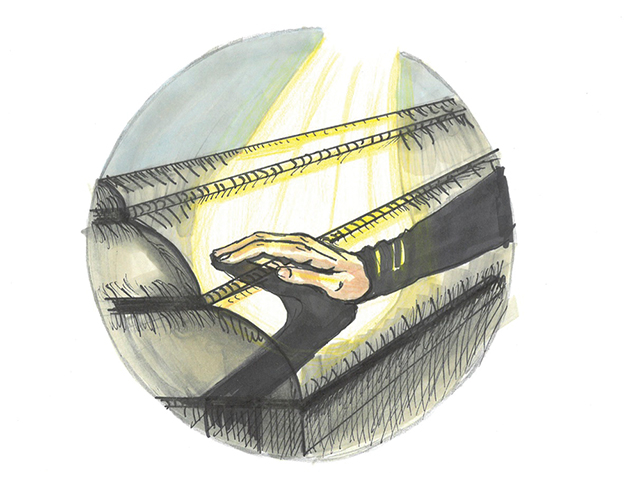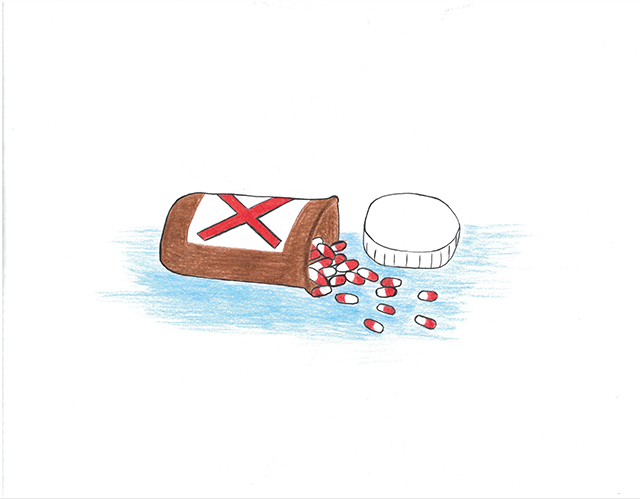
[dropcap]D[/dropcap]arkness does not discriminate. Few people are bypassed when dire possibility and self-doubt eradicate even the faintest glimmer of light. Darkness can live within us all. For most, it pays only fleeting visits. For most, suicide is not it’s name.
There are almost half a million-people living with depression in Ireland, for some the burden is too much to take. Of 30,390 deaths in 2016, a total of 1344 were attributed to ‘injury and poisoning’.
Of these deaths, 399 can, so far, be ruled as being caused by intentional self-harm resulting in suicide.
These figures are stark. There has been a decrease of more than fifty deaths by suicide since 2011, they should however, still cause shock and anger.
There can be little ambiguity; support and services for mental health issues have improved greatly in the last decade. Human and medical interventions and recognition, that life can be bloody tough sometimes, have also played their part.
Funerals
For those left to deal with such traumatic deaths, the torment begins with the word suicide, a word that poses questions that will never be answered.
Dr. Tony Bates clinical psychologist and Founding Director of Headstrong says: “The death of someone by suicide is I think different because there is extraordinary grief. Suicide robs family and friends of the normal process of bereavement. No matter how stressed we are over a death, there is a natural process, we are all sad and heartbroken and we grieve together and tell anecdotes about the deceased, and it takes time, but we can settle into a new experience of life.”
Planning a funeral after suicide is a vagueness of goodbye. In cases where the deceased has left a note, it often leaves more questions than answers.
Bates says: “Suicide steals the normal process of grief and it introduces something that is very hard to digest. That this should not have happened, and it taunts us ‘we could have done this’ or ‘we should have done that.’ The ‘why’ is never answered.”
The Post Mortem
Anecdotally, those who did not complete the act of suicide say the fear of not getting a second chance, of disappointing those who care, and of not knowing if they would complete the act once begun, were reasons quoted for not going through with suicide.
David Flanagan of Flanagan undertakers says: “A suicide funeral is much more sensitive, and there is a different dynamic, in fact even the language changes. For most families they want to know if they will be able to see the body, or if the coffin can be open. This has its own practicalities and we must be extremely sensitive to how we address this and how we treat families. With a sense of absolute despair and anger for the family, they need total guidance.”
Apart from the practicalities of a funeral there is a legal requirement that deaths from unnatural causes, including suicide, are reported to the Coroner. The Coroner will request a postmortem and an inquest into the death. Prior to 1993, suicide was a crime, therefore, figures prior to decriminalization cannot be definite. Many families, terrified of stigma for their loved ones, or fearing the possibility of burial in unconsecrated grounds, sought alternate means to report the death.
Funeral Rules
Bates says: “You cannot apply the same rules at a funeral of someone who has taken their own life. Generally, at funerals people say things like, well at least he or she is out of pain now, gone to a better place, but you can’t do those things at a suicide funeral because they sound so inane, there is no comforting words. There is nothing anyone can say to lift the day. It is different for very definite reasons.”
Bates offers the analogy of people trying to get over a barbed wire fence, the fabric of their clothing getting snagged on the razor-sharp wire. “Bereavement through suicide to me, is very much like that, people getting snagged on the what ifs and the why.”
DCU has engaged with mental health awareness week, but there is a necessity for conversations about suicide to be heard and initiated.
The HSE looks at coping with the impact of a death by suicide, and isolation for families after the burial. It’s support book ‘You are not alone’ shows a need for openness to deal with ‘the hunger for information and the inner emotional turmoil that suicide leaves.’
Last year almost 400 people got no tomorrows, their lives ended by suicide. For those who loved them and their circle of friends, they have every tomorrow to live with the torment of questions that never cease.
Some call it a permanent solution to a temporary problem. That is too simplistic.
We may know darkness, but not the depths of despair. If we don’t open a conversation about suicide and its interminable destruction, then many more families will watch as the ground becomes the resting place of their darkest fears and their deepest loves.
* Samaritans: 116 123 – Pieta House: 1800 247 247 -Aware: 1800 80 48 48



